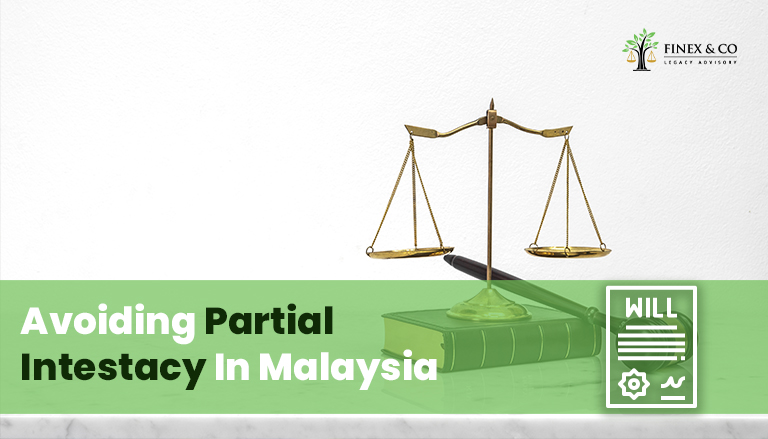The probate or administration process in Malaysia is the legal avenue through which the estates of deceased individuals are distributed according to their wishes or in accordance with the law. If a deceased person has not provided instructions for some of their assets and properties, the distribution of such assets or properties will follow the guidelines outlined in the Distribution Act 1958. This Act dictates the distribution of assets based on the heirs or lawful family members left behind by the deceased.
Can the Court Assist in Avoiding Partial Intestacy?
In the recent case of Tan Sri Dr M Mahadevan v Dr Jeyalakshmi Ratnavale & Ors [2017] 6 CLJ 49, it was emphasized that the court must consider the plain and obvious meaning of his or her words when interpreting a person’s Will. Consequently, if the testator’s Will does not specifically address the distribution of a particular property and lacks language that could be construed as a residuary clause, the court is unable to intervene to prevent partial intestacy. The court is restricted to deciphering the testator’s intent solely from the content expressly provided in the Will.
How can I prevent Partial Intestacy?
a. Drafting a Comprehensive Will
The most effective way to prevent partial intestacy is to create a comprehensive and well-drafted Will that covers all aspects of the deceased person’s estate. This includes specifying the distribution of both real and personal property, naming beneficiaries, and appointing executors to carry out the provisions of the Will.
b. Regularly updating your Will
It is essential to periodically review and update the Will to reflect changes in circumstances, such as marriages, divorces, births, or deaths within the family. Failing to update the Will may result in inconsistencies and potential partial intestacy.
c. Appointing Beneficiaries for Residuary Estate
Residuary beneficiaries are individuals or entities named in the Will to inherit any remaining assets that are not explicitly addressed in specific bequests. Including residuary beneficiaries helps to avoid partial intestacy by ensuring that all assets are accounted for in the distribution plan.
d. Seeking Professional Advice
Individuals intending to create or update their Wills should seek professional advice to ensure that their intentions are clearly expressed and legally sound. Experienced estate planners can provide guidance on the specific requirements and formalities that must be adhered to in order to create a valid and comprehensive Will.
Conclusions
Avoiding partial intestacy is a crucial consideration in estate planning in Malaysia. The Distribution Act 1958 provides the legal framework for intestate succession, but individuals have the autonomy to shape the distribution of their estates through a well-drafted and up-to-date Will. By taking proactive steps, such as regularly updating the Will, appointing residuary beneficiaries and seeking legal advice, individuals can ensure that their estate is distributed comprehensively and in accordance with their wishes, minimizing the risk of partial intestacy. It is recommended for individuals to consult with our company’s estate planners to navigate the complexities of estate planning in Malaysia effectively.
You may make an appointment with our legal advisor here:
https://calendly.com/finex-and-co-legacy-advisory/tea-talk-with-legal-expert






